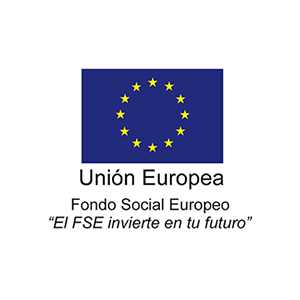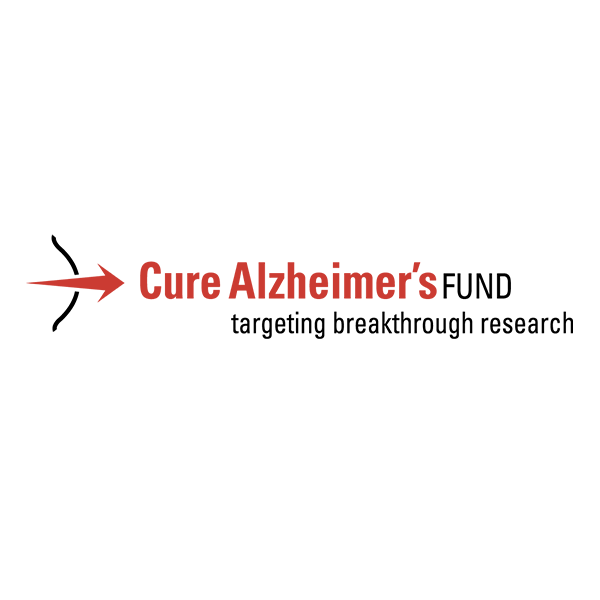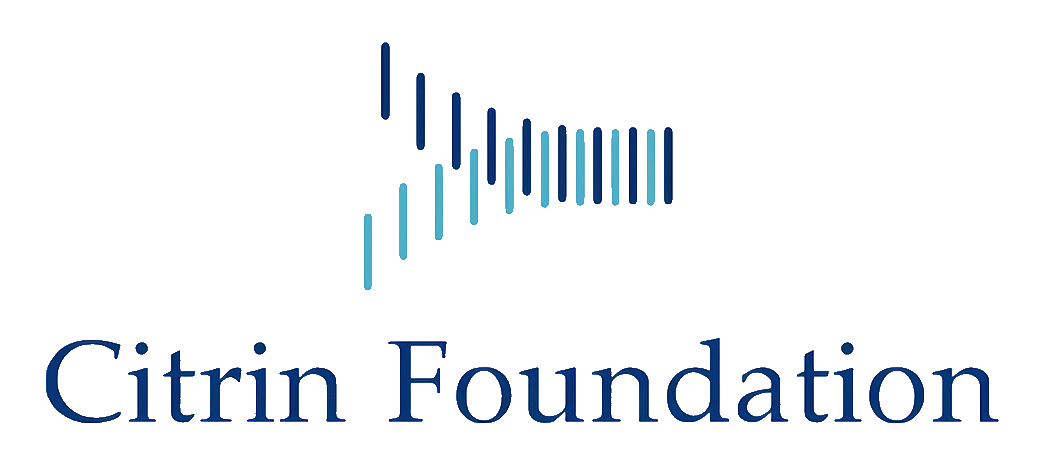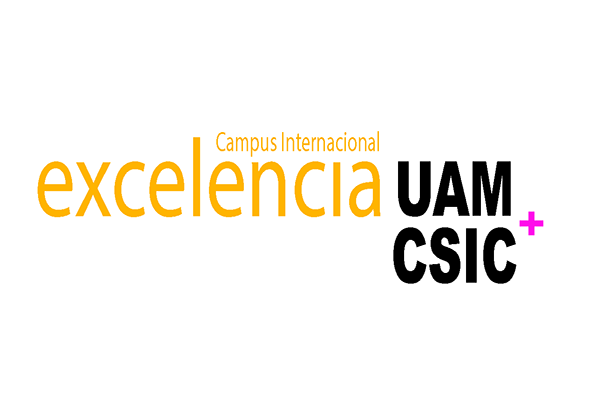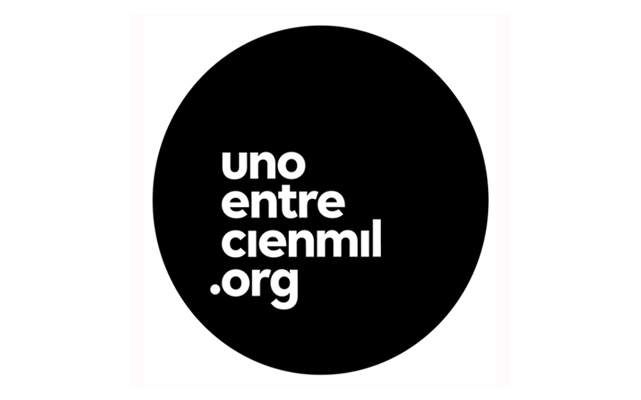Molecular ecology of extreme environments
Research summary:
This area of research has the following objectives:
- Acidophiles: conventional microbial ecology, molecular ecology, molecular biology and biotechnology of extreme acidic environments (biomining, specific metal sequestering, biomineralization and phytoremediation). This objective is mainly interested in the exploration of biotechnological applications of acidophiles, most of them related with the recovery of metals from minerals or from contaminated waters.
- Geomicrobiology of the Iberian Pyrite Belt (IPB) subsurface: characterization of the underground bioreactor responsible of the extreme acidic conditions detected in the Río Tinto basin. The development of this objective allowed to identify the microorganisms involved in the biogeochemical cycles (C, N, S, Fe) operating in the subsurface of the IPB. Nitrate reducing microorganisms have been identified as responsible of oxidizing ferrous iron in strict anaerobic conditions, facilitating the chemical attack to the high concentration of metal sulfides existing in the IPB, generating the extreme conditions detected in the Tinto basin.
- Geomicrobiological characterization of extreme environments as habitability models of astrobiological interest: The following ecosystems are studied: Río Tinto, Spain (Mars analogue); Uyuni salt lake, Bolivia (Europa analogue); Tirez hypersaline lagoon, Spain (Europa analogue) and Dallol in the Danakil depression, Ethiopia (Mars analogue). This objective aims to characterize different extreme environments as models for life in different planets and moons of the solar system. This research is interested in knowing the limits of life characterizing analogue ecosystems in our planet as preparation of future space exploration missions.

Obtention of subsurface samples in anaerobic conditions.

CARD-FISH of a sample from -284 m depth.
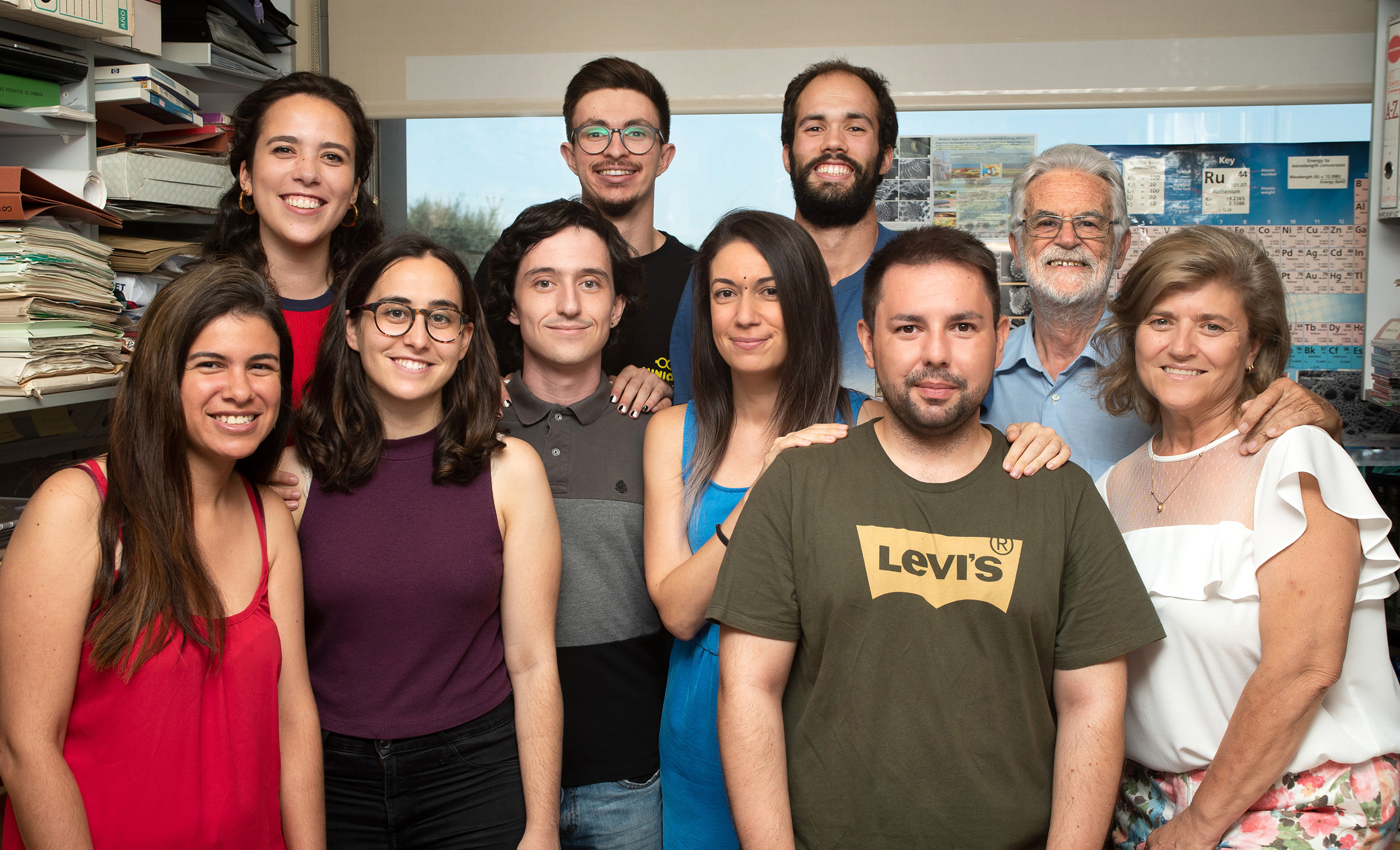
| Last name | Name | Laboratory | Ext.* | Professional category | |
|---|---|---|---|---|---|
| Abad Lorenzo | José Pascual | 104 | 4545 | jpabad(at)cbm.csic.es | Profesor Titular Universidad, GA |
| Amils Pibernat | Ricardo | 104 | 4504 | ramils(at)cbm.csic.es | Emérito |
| Carrasco Ropero | Ignacio | 104 | 4545 | icarrasco(at)cbm.csic.es | Contrato Predoctoral |
| Martínez Bonilla | Adrián | 104 | 4545 | amartinez(at)cbm.csic.es | Titulado Sup. Actividades Tecn. y Prof.GP1 |
| Martínez Lozano | José Manuel | 104 | 4545 | jmm.lozano(at)cbm.csic.es | Profesor Ayudante Doctor |
| Mateos Budiño | Guillermo | 104 | 4545 | gmateos(at)cbm.csic.es | Contrato Predoctoral |
| Velasco Dominguez | Esther | 104 | 4545 | evelasco(at)cbm.csic.es | Estudiante |
| Vidal Mas | Andrea | 104 | 4504 | Estudiante TFM |
Relevant publications:
- Gómez, F., Cavalazzi, B., Rodríguez, N., Amils, R., Ori, G.G., Olsson-Francis, K., Escudero, C., Mártínez, J.M., Mirtus, H. (2019) Ultra-small microorganisms in the polyextreme conditions of Dallol volcano, Northern Afar, Ethiopia. Scientific Reports 9: 7907 doi: 10.1038/s41598-019-44440-8.
- Ramos-Barbero, M.D., Martínez, J.M., Almansa, C., Rodríguez, N., Villamor, J., Gomariz, M., Escudero, C., Rubin, S., Antón, J., Martínez-García, M., Amils R. (2019) Prokaryotic and viral community structure in the singular chaotropic salt lake Salar de Uyuni. Environ. Microbiol. 21(6): 2029-2042, doi: 10.1111/1462-2920.14549.
- Tornos, F., Oggerin, M., de los Ríos, A., Rodríguez, N., Amils, R., Sanz, J.L., Rojas, P., Velasco, F, J.M. Escobar, Gómez, C., Slack, J.F. (2018) Do microbes control de formation of giant copper deposits? Geology, 47(2): 143-146, doi:10.1130/G45573.1.
- Puente-Sánchez, F., Arce-Rodríguez, A., Oggerin, M., Carcía-Villadangos, M., Moreno-Paz, M., Blanco, Y., Rodríguez, N., Bird, L., Lincoln, S.L., Tornos, F., Prieto-Ballesteros, O., Freeman, K.H., Pieper, D.H., Timmis, K.N., Amils, R., Parro, V. (2018) Viable cyanobacteria in the deep continental subsurface. PNAS (USA), doi: 10.1073/pnas.1808176115
- Escudero, C., Vera, M., Oggerin, M., Amils, R. (2018) Active microbial biofilms in deep continental subsurface poor porous rock samples from the Iberian Pyrite Belt. Scientific Reports, 8: 1538, doi: 10.1038/s41598-018-19903-z
- Rubin, S.S., Marín, I., Gómez, M.J., Morales, E., Zekker, I., San Martin, P., Rodríguez, N., Amils, R. (2017) Prokaryotic diversity and community composition in the Salar de Uyuni, a large scale, chaotropic salt flat. Environ. Microbiol., 19(9): 3745-3754, doi: 10.1111/1462-2920.13876.
- Amils, R. (2016) Lessons learned from thirty years of geomicrobiological studies of Río Tinto. Res. Microbiol., 167(7): 539-545, doi: 10.1016/j.resmic.2016.06.001
- Kaplan, H.H., Milliken, R.E., Fernández-Remolar, D., Amils, R., Robertson, K., Knoll, A.H. (2016) Orbital evidence for clay and acidic sulfate assemblages on Mars and mineralogical analogs from Río Tinto, Spain. J. Geol. Research, 275: 45-64, doi:10.1016/j.icarus.2016.03.019.
- Sánchez-Román, M., Puente-Sánchez, F., Parro, V., Amils, R. (2015) Nucleation of Fe-rich phosphates and carbonates on microbial cells and exopolymeric substances. Frontiers, doi: 10.3389/fmicb.2015.01024.
- Fernández-Remolar, D., Santamaría, J., Amils, R., Parro, V., Gómez-Ortiz, D., Izawa, M.R.M., Pérez-Rodríguez, R., Rodríguez, N., López-Martínez, N. (2015) Formation of iron-rich metazoan-like bivalve structure (IRBS) by microbial communities. Biogeoscience, 120(1): 147-168, doi: 10.1002/2014JG002745.
Doctoral theses:
- Irene Sánchez-Andrea (2012). Diversidad microbiana de los sedimentos anaerobios del Río Tinto. Universidad Autónoma de Madrid, José Luis Sanz y Ricardo Amils.
Other activities:
- Editor de Encyclopedia of Astrobiology, Springer, 2011.

